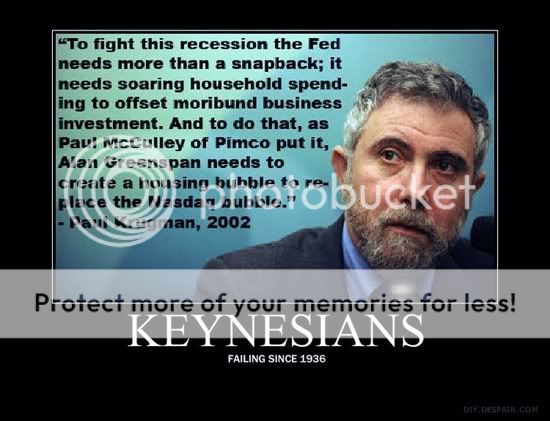By Sahil Kapur
Mitt Romneys diversity of policy positions over the last decade has left conservatives and liberals wondering: What would he actually do as president? Would he return to his former, more moderate self, or would he embrace the ideological fervor of the right as he did during the primary?
According New York Times columnist Paul Krugman, its hardly a close call: A hypothetical President Romney would do pretty much what House Budget Chairman Paul Ryan tells him to do, because he wont have much of a choice politically. And that, he argues, would be a disaster for the economy.
Romney well, who knows what Romney thinks. Romneys economic advisers are not crazy, Krugman told TPM in an interview. But I think its unlikely Romney would have the leeway [to break from the Ryan mold]. The presumptive Republican nominee for president has effusively praised Ryan and, during the primary, attacked Newt Gingrich for criticizing him.
The Princeton professor and Nobel Prize-winning economist, who is touring his new book End This Depression Now!, said Romney would be wedded to Ryans economic policy prescriptions which have become too entrenched on the right: Above all, massive tax cuts for the rich and draconian spending cuts on programs for the less fortunate, which Krugman argues will amount to an upward distribution of income plan.
Youre never going to get people in the Republican Party accepting the idea that unemployment and food stamps insurance are expansionary, he said. That they are actually policies that are good for employment. Theyre too wedded to the notion that the undeserving poor are the cause of unemployment. So I think theyre basically incapable of doing what needs to be done to support this economy.
The conservative base eagerly wants its president to implement Ryans vision, which House Republicans overwhelmingly reaffirmed their support for late March. Anti-tax activist Grover Norquist, arguably the most influential outside figure among modern Republicans, says Romneys role would be to rubber-stamp Ryans agenda.
We dont need a president to tell us in what direction to go. We know what direction to go. We want the Ryan budget, he told New York magazine. Pick a Republican with enough working digits to handle a pen to become president of the United States. Of course, the GOP would still have to deal with rebelling Democrats, but a president on board with the broader approach would open up a major opportunity to advance at least parts of Ryans vision.
If Romney is elected president, Republicans certainly will ditch the concern with deficits. They dont care about deficits at all. Never have, Krugman added. But the trouble is they want a combination of policies that, while will on balance expand the deficit, will in fact be bad for the economy even so. Because the programs they really, really want to cut which is aid to the poor are the ones that matter for the economy right now.
Paul Krugman: Electing Romney Is Like Electing Paul Ryan | TPMDC



